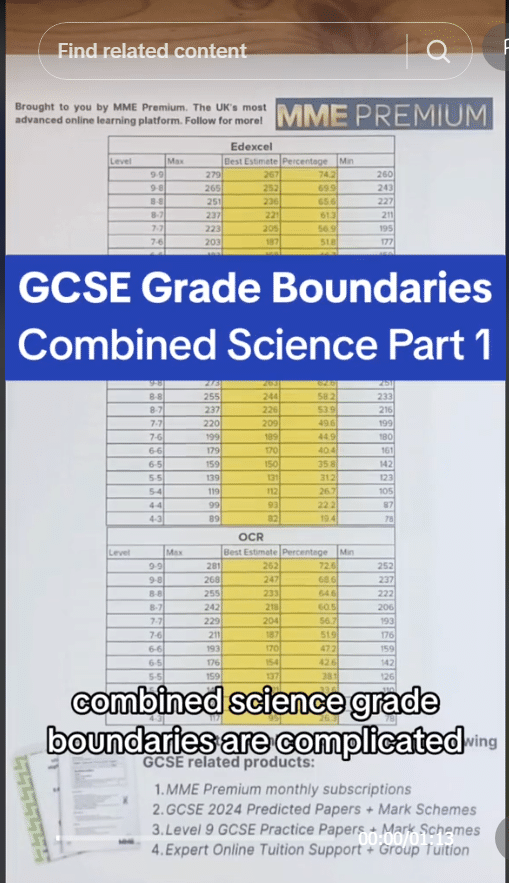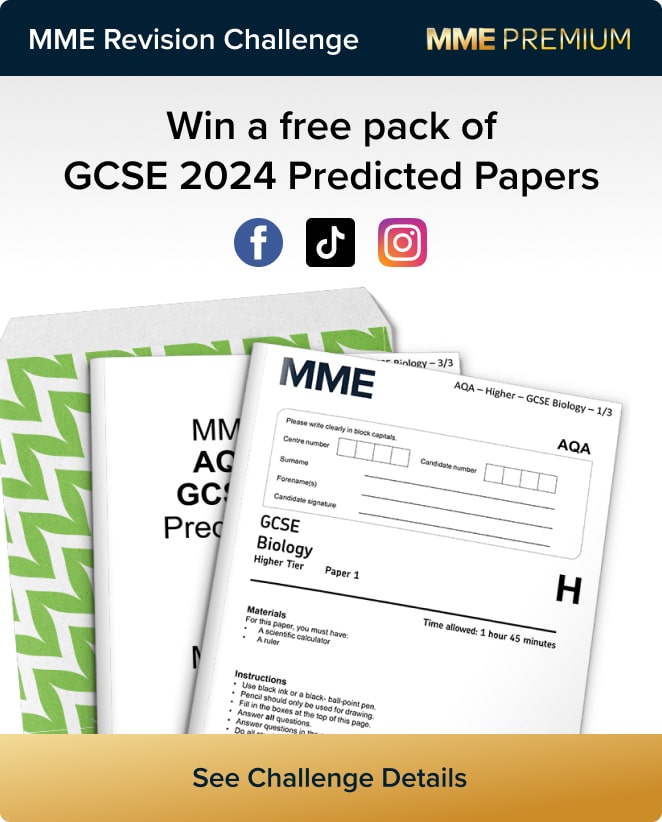Metabolism
Metabolism Revision
Metabolism
In every living cell, enzyme controlled chemical reactions take place continuously and are all linked together. The sum of all the reactions of a cell or organism is called its metabolism.
What is Metabolism?
Metabolism is the word used to describe all the chemical reactions that happen within a cell or organism.
Some reactions join smaller molecules together to make bigger ones:
- Glucose and nitrate ions react to make amino acids, that join together to form proteins.
- Glucose molecules join together to make starch, cellulose or glycogen.
- Fatty acids and glycerol molecules react to form lipids.
Other reactions break down big molecules into smaller ones.
- Glucose is broken down to release energy in respiration.
- Excess protein is broken down to produce urea, excreted in the urine.
Plant Metabolism
This is a brief summary of some of the reactions that take place within plants:
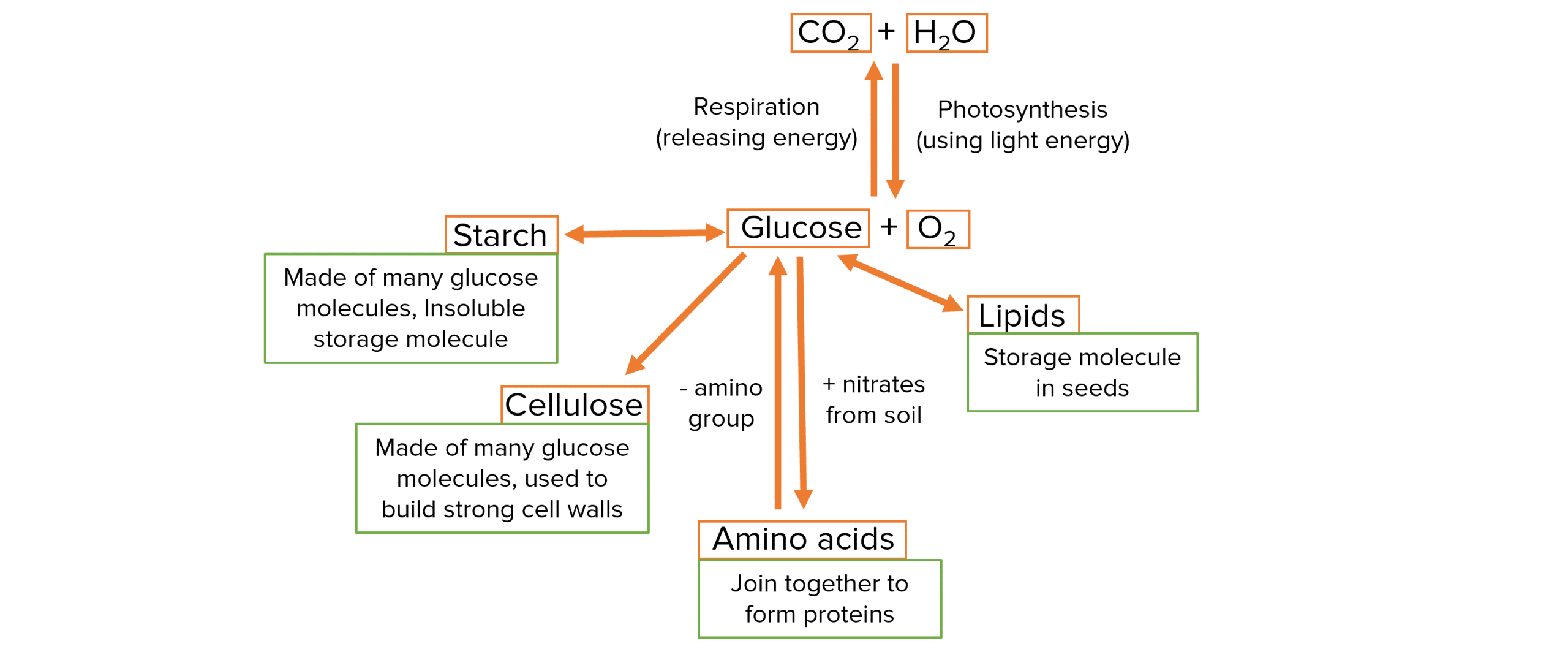
- Plants carry out respiration– producing energy from the break down of glucose.
- Plants also create their own glucose using carbon dioxide, water and light energy in a process called photosynthesis.
- Glucose can be stored as lipids or starch and converted back to glucose when required.
- Glucose is used to make cellulose which provides strength to cell walls.
- Glucose can react with nitrates from the soil to form amino acids that make up proteins.
Animal Metabolism
This is a brief summary of some of the reactions that take place within animals:
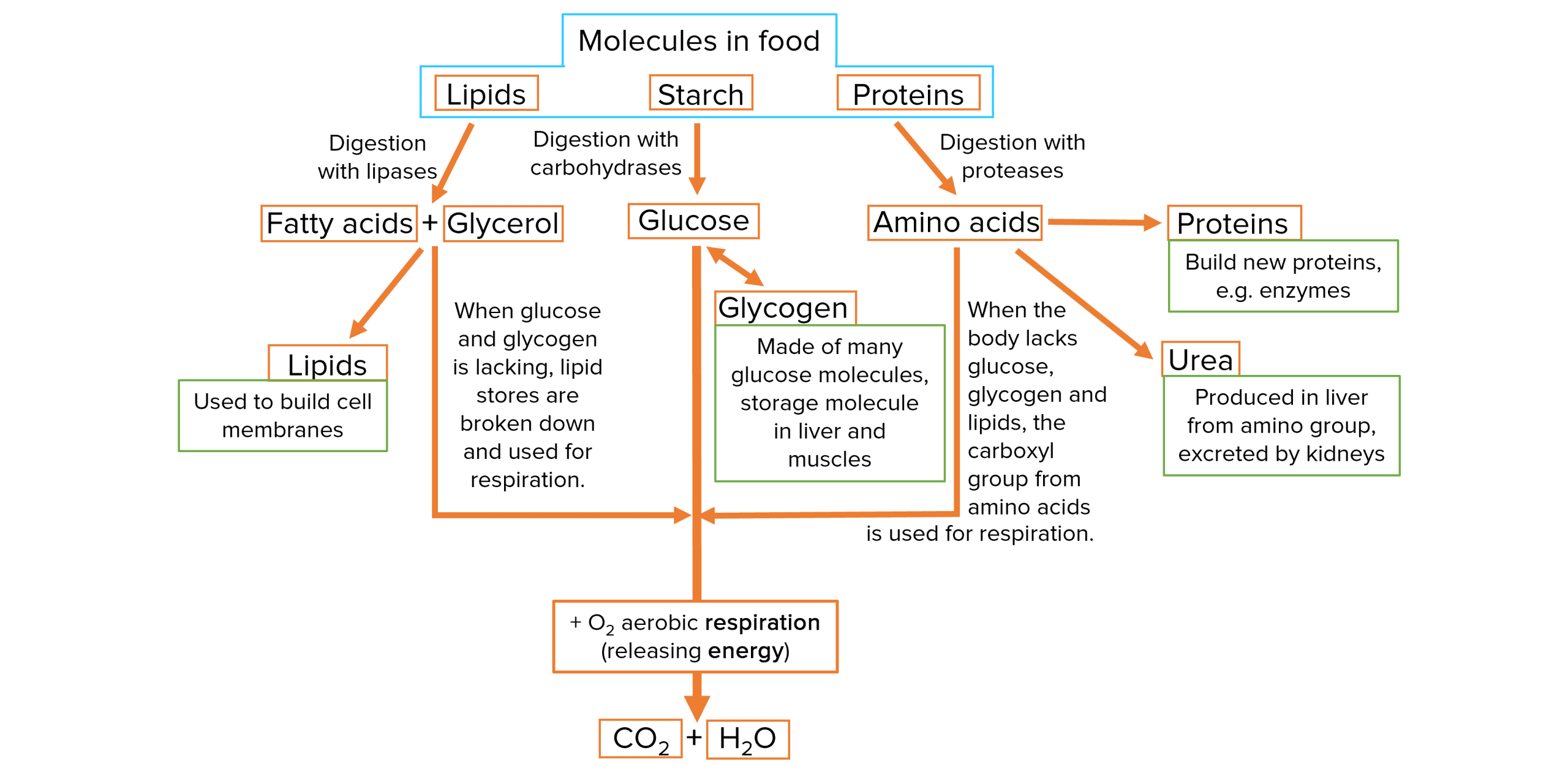
Animals intake large molecules in food which get digested by digestive enzymes into smaller molecules that can be absorbed into the blood.
- Starch —> glucose
- Proteins —> amino acids
- Lipids —> fatty acids and glycerol
Glucose is either used for respiration (producing energy) or stored as glycogen in the liver and muscles until required.
Amino acids are used to build new proteins and any excess are converted into urea in the liver and excreted via the kidneys.
Fatty acids and glycerol are converted back into lipids that are used to build cell membranes.
If animals do not have sufficient glucose in their bloodstream for respiration, the body will begin to break down its stores of glycogen to supply more glucose. If the body runs out of glycogen, it will start break down fat stores and then proteins as a last resort.
Metabolism Example Questions
Question 1: Define metabolism.
[1 mark]
Metabolism is all of the reactions the happen within a cell or organism.
Question 2: Name 2 large molecules that are formed from only glucose in plants.
[2 marks]
Starch and Cellulose.
Question 3: When will amino acids be broken down to be used for respiration in animals?
[1 mark]
When there is a shortage of glucose, glycogen and lipids.
Metabolism Worksheet and Example Questions
Metabolism Questions
GCSEOfficial MME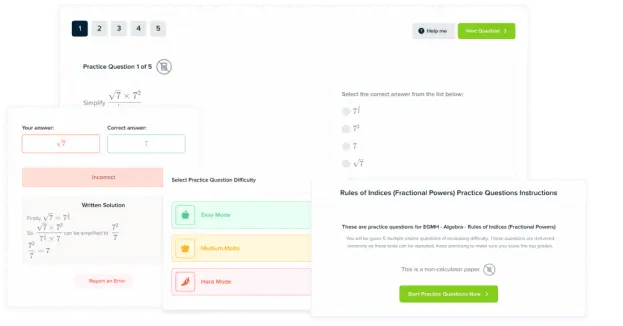
MME Premium Membership
£19.99
/monthLearn an entire GCSE course for maths, English and science on the most comprehensive online learning platform. With revision explainer videos & notes, practice questions, topic tests and full mock exams for each topic on every course, it’s easy to Learn and Revise with the MME Learning Portal.
Sign Up Now

